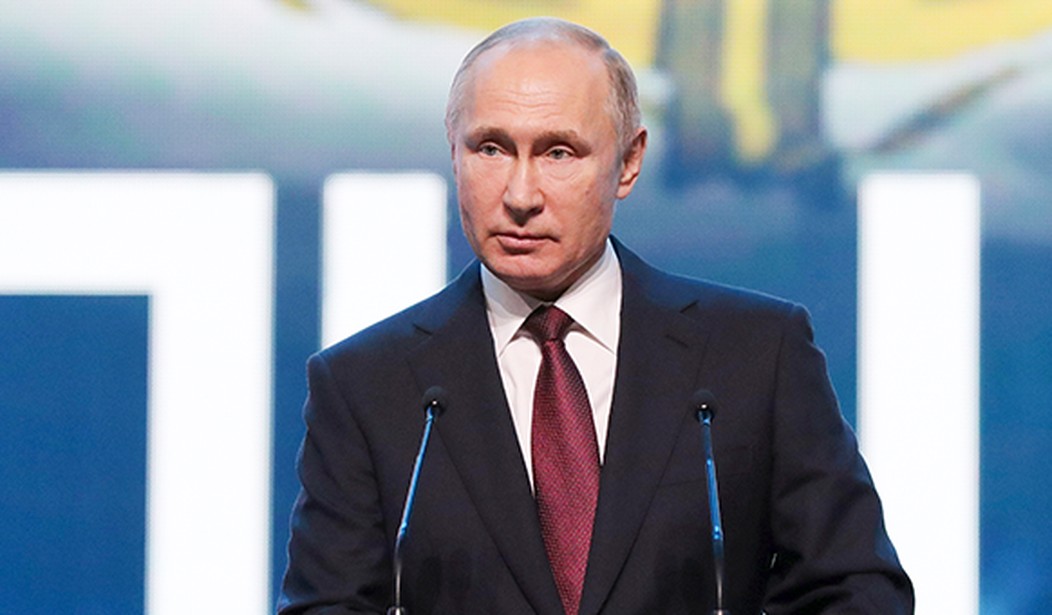Russia has been dropping hints for weeks that President Vladimir Putin is growing tired of Western criticism of Russia’s internal and external affairs and may begin more aggressive actions to challenge NATO. On Monday, Russian Deputy Foreign Minister Sergey Ryabkov said Washington “should proceed from the premise that a number of signals from Moscow — and I am not talking here about the meeting at the highest level, I don’t know how it will proceed — are going to be uncomfortable for them, including in the coming days.”
One of those signals was announced by Russian Defense Minister Sergei Shoigu, who said that the Russian military would create about 20 additional units to deploy to their western border by the end of the year.
Joe Biden and Putin will meet in Geneva on June 16 where Biden has promised to raise “human rights concerns” with the Russian president.
In response, Ryabkov said Monday that “the agendas of the US and Russia do not coincide, but we are traditionally ready to react to any issues raised by the American side. Unfortunately, the reciprocal readiness is observed less and more seldom.”
The Kremlin has said the summit will focus on “conditions and prospects for further fostering Russian-US relations, strategic stability matters as well as pressing issues on the international agenda, which include cooperation in fighting the coronavirus pandemic and settling regional conflicts,” according to the TASS news agency.
Biden will almost certainly bring up the assassination of Putin foes on foreign soil in recent years and Russian interference in American elections. Putin is sure to counter that criticism with the riots and unrest from last summer and Black Lives Matter talking points.
But it is the treatment of internal dissidents that Biden will likely try to highlight. In the past, nothing was more uncomfortable for Russian leaders to talk about than human rights.
But Putin has been impervious to calls for reform, basically telling the world to go to hell when it comes to the human rights issue. On Monday, a former director of Open Russia, one of Russia’s major opposition groups, was dragged off a plane and arrested.
Another “uncomfortable signal”?
OVD-Info, a group which monitors police action against opposition figures, said Andrei Pivovarov was arrested at Pulkovo airport and was being transferred to the Investigative Committee.
Open Russia said on Thursday it had decided to end its operations in Russia to protect its members from the risk of being jailed.
Russia declared the London-based group “undesirable” in 2017, effectively banning its activities. Its allies in Russia continued their activism under the same name, but as a separate legal entity to try to protect themselves from prosecution.
In fact, the “uncomfortable signals” referenced by the Russian foreign minister could be a more aggressive crackdown on dissidents nationwide. As it becomes clear the West won’t do anything that would severely damage the Russian economy with sanctions, Putin has become emboldened in taking action against dissidents and political foes. What’s more, even when the West rouses itself to criticize Putin, as was done when Russia jailed prominent opposition activist Alexei Navalny, Putin simply ignores the criticism.
The Biden-Putin meeting later this month is a dog-and-pony show. Nothing of substance will be decided. Both sides will look to score their propaganda points and try to put the best face on the deteriorating state of U.S.-Russia relations.
But the truth is that Putin sees Joe Biden pretty much the way we see him: a doddering old fool who doesn’t scare anyone.










